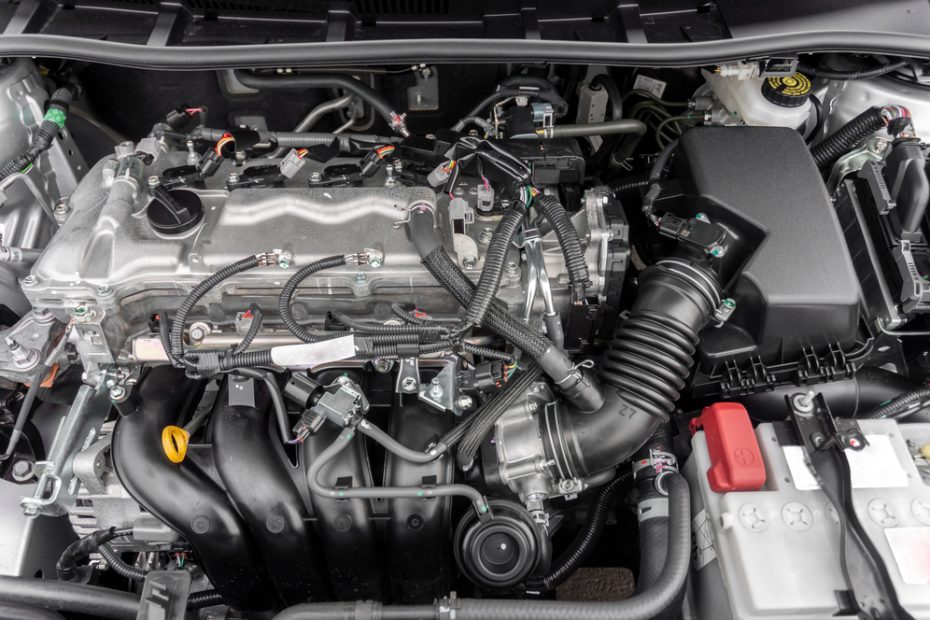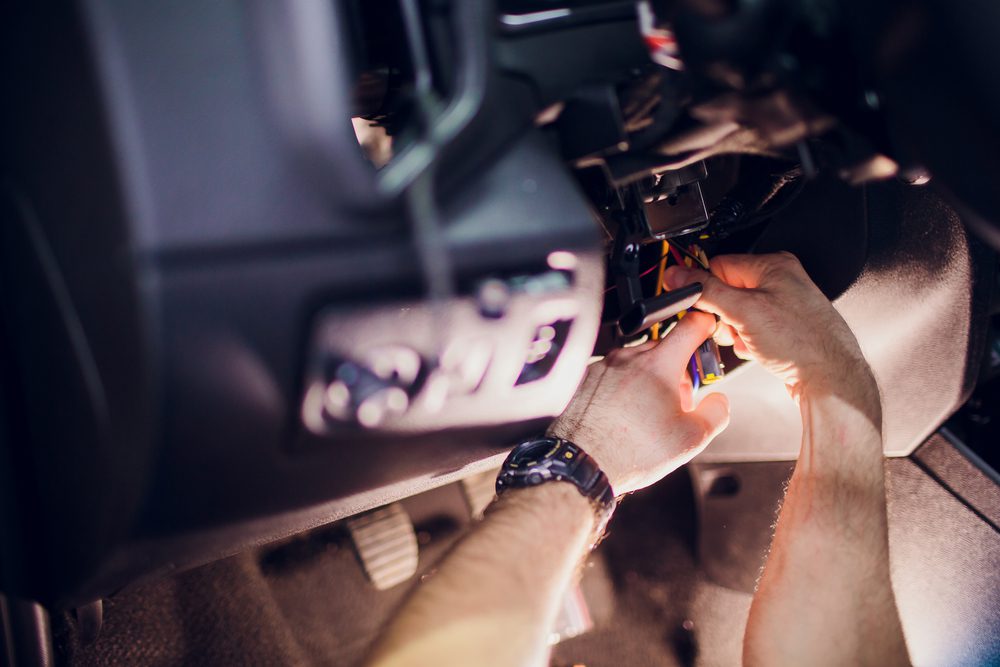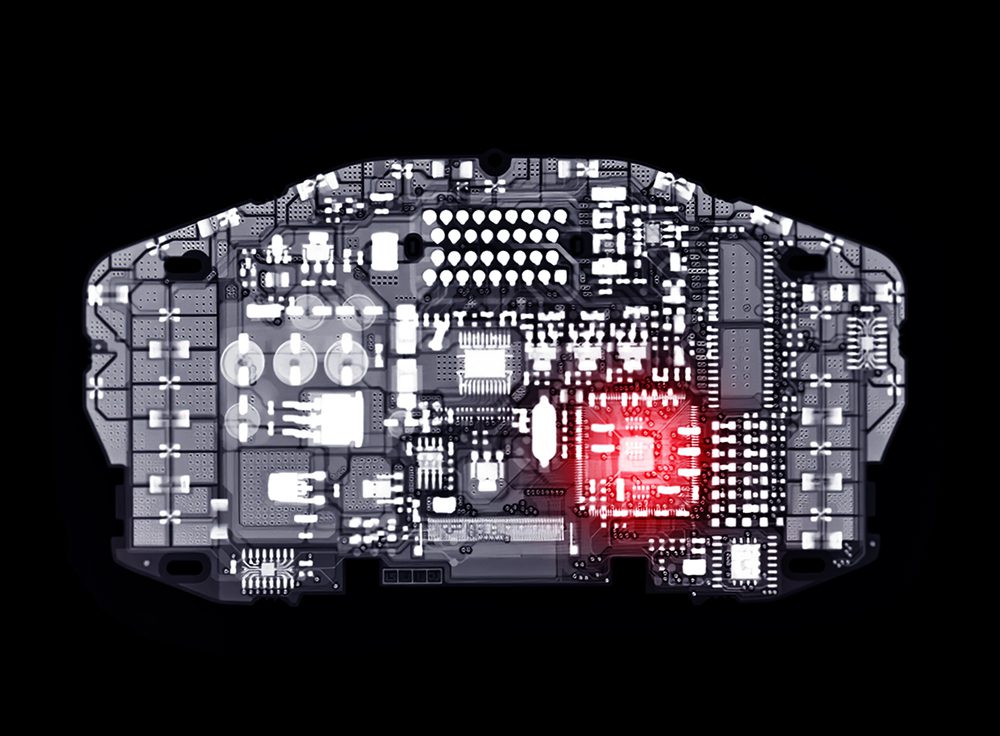Why does my car jerk when I accelerate?
If you’ve ever experienced a sudden jolt or jerking motion when pressing down on the accelerator pedal, you may have wondered what could be causing it. This article will explore some of the common reasons why cars jerk when accelerating and provide insights into potential solutions.
Damaged or worn-out spark plugs
One possible cause of a jerking sensation when accelerating is damaged or worn-out spark plugs. Spark plugs play a crucial role in igniting the fuel-air mixture in the engine cylinders. Over time, the electrodes on the spark plugs can become worn down or covered in a layer of deposits, leading to an inconsistent ignition process. This can result in a lack of power and a noticeable jerk when accelerating. Regularly inspecting and replacing spark plugs as recommended by your car’s manufacturer can help prevent this issue.
Clogged fuel injectors
Clogged fuel injectors can also contribute to a jerking sensation when accelerating. Fuel injectors are responsible for delivering the precise amount of fuel into the combustion chamber. Over time, deposits and impurities in the fuel can accumulate on the fuel injectors, obstructing the flow of fuel. This can lead to an uneven fuel supply, causing the engine to jerk when you press down on the gas pedal. Cleaning or replacing the fuel injectors can often resolve this issue.
Faulty or dirty mass airflow sensor
The mass airflow sensor (MAF) measures the amount of air entering the engine and relays that information to the engine control unit (ECU). If the MAF sensor malfunctions or becomes dirty, it can send incorrect signals to the ECU, resulting in a jerking motion when accelerating. Cleaning or replacing the MAF sensor can sometimes fix this problem.
Transmission issues
A malfunctioning transmission can also be to blame for a jerking sensation during acceleration. Problems with the transmission fluid, torque converter, or gear shifts can cause the car to jerk when you step on the accelerator. Regular maintenance and servicing of the transmission system, including fluid changes, can help prevent such issues.
Other possible causes
In addition to the above reasons, there are several other potential causes for a jerking car when accelerating. These include a malfunctioning throttle position sensor, a faulty ignition coil, or problems with the fuel pump. It is recommended to consult a qualified mechanic to diagnose and address these issues properly.
“If your car is jerking when you accelerate, it is important not to ignore the problem. Identifying and resolving the underlying cause promptly can prevent further damage and ensure a smoother driving experience.” – Car Expert
In conclusion, a car jerking when accelerating can be caused by various factors such as damaged spark plugs, clogged fuel injectors, a faulty mass airflow sensor, or transmission issues. Regular maintenance, including timely spark plug replacements, fuel injector cleanings, and transmission fluid changes, can help prevent these issues. If you are experiencing this problem, it is advisable to seek professional assistance to identify and resolve the root cause.
Why does my car feel sluggish when I accelerate?
Possible causes of sluggish acceleration
Experiencing sluggishness when accelerating in your car can be frustrating. There are several potential causes for this issue:
- Fuel system problems: A clogged fuel filter or a malfunctioning fuel pump can restrict the flow of fuel to the engine, resulting in sluggish acceleration.
- Engine problems: Issues such as a faulty ignition system, dirty spark plugs, or a malfunctioning oxygen sensor can affect the engine’s performance and cause sluggish acceleration.
- Transmission issues: Problems with the transmission, such as low fluid levels or a worn-out clutch, can impact the power delivery from the engine to the wheels, leading to a lack of acceleration.
- Air intake problems: If the air filter is dirty or clogged, it can limit the amount of air entering the engine, affecting its ability to generate power, resulting in sluggish acceleration.
- Exhaust system concerns: A restricted or damaged exhaust system can impede the flow of exhaust gases, reducing engine performance and causing sluggish acceleration.
Diagnosing and resolving the issue
If your car feels sluggish when accelerating, it is advisable to have it inspected by a qualified mechanic to pinpoint the exact cause. They can perform diagnostics tests and checks to identify the underlying problem and recommend suitable repairs or maintenance.
Remember, regular vehicle maintenance, such as changing air filters, spark plugs, and fluids, can help prevent issues that lead to sluggish acceleration.
Tips to improve acceleration
- Use high-quality fuel: Using a higher octane fuel can enhance engine performance and improve acceleration.
- Check tire pressure: Maintaining the correct tire pressure can optimize traction and reduce rolling resistance, improving acceleration.
- Reduce weight: Removing unnecessary items from your car can help lighten the load and improve acceleration.
Can you drive with an ECU fault?
Understanding the ECU
The Engine Control Unit (ECU) is a vital component of modern cars. It controls various aspects of the engine’s performance, including fuel injection, ignition timing, and emission systems. When there is a fault in the ECU, it can lead to various issues with your car’s performance.
The Impact on Driving
Driving with an ECU fault can have different consequences depending on the severity of the problem. In some cases, the car may still be driveable, but you may notice reduced power, poor fuel efficiency, or irregular idling. However, it is important to address the issue as soon as possible to prevent further damage to the engine.
Caution and Safety
It is important to exercise caution when driving with an ECU fault as the faulty ECU can potentially affect critical functions of the car. If the fault causes sudden loss of power or other serious malfunctions, it can compromise your safety on the road. Therefore, it is recommended to have the ECU checked by a professional mechanic before continuing to drive.
“Driving with an ECU fault can be risky, and it is always better to err on the side of caution.” – Car Expert Magazine
Diagnosis and Repair
To determine if your car has an ECU fault, it is best to have it diagnosed using specialized diagnostic equipment. A qualified mechanic will be able to identify the specific problem and recommend the necessary repairs or replacements. Depending on the issue, the ECU may need to be reprogrammed or replaced entirely.
Temporary Solutions
In some cases, temporary solutions such as resetting the ECU or disconnecting the battery for a short period of time can help resolve minor faults. However, these solutions are not permanent fixes, and it is still important to have the ECU examined by a professional to address the root cause of the problem.
Conclusion
Sluggish acceleration in your car can be caused by various factors, including fuel system problems, engine issues, transmission concerns, air intake problems, or exhaust system complications. Seeking professional assistance is crucial for accurate diagnosis and resolving the underlying issues. By following proper maintenance practices and implementing certain tips, you can potentially improve your car’s acceleration and overall performance.
In conclusion, driving with an ECU fault is possible in certain situations, but it is not recommended due to the potential risks involved. It is always best to have the ECU checked and repaired by a qualified mechanic to ensure the safety and optimal performance of your car.
“Don’t take chances when it comes to your car’s ECU. Get it checked and fixed promptly for peace of mind.” – Car Maintenance Experts UK



